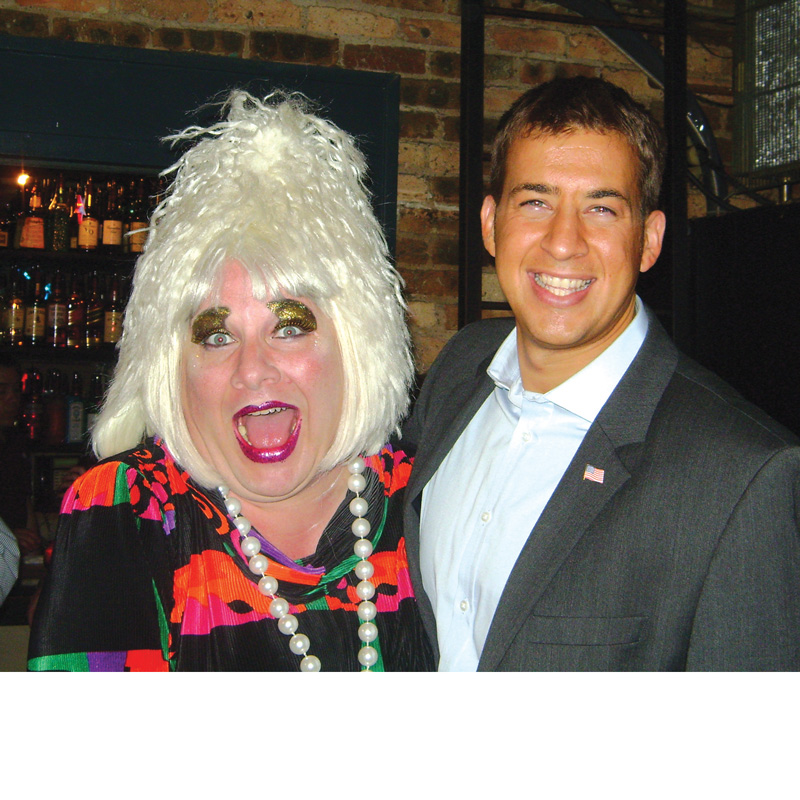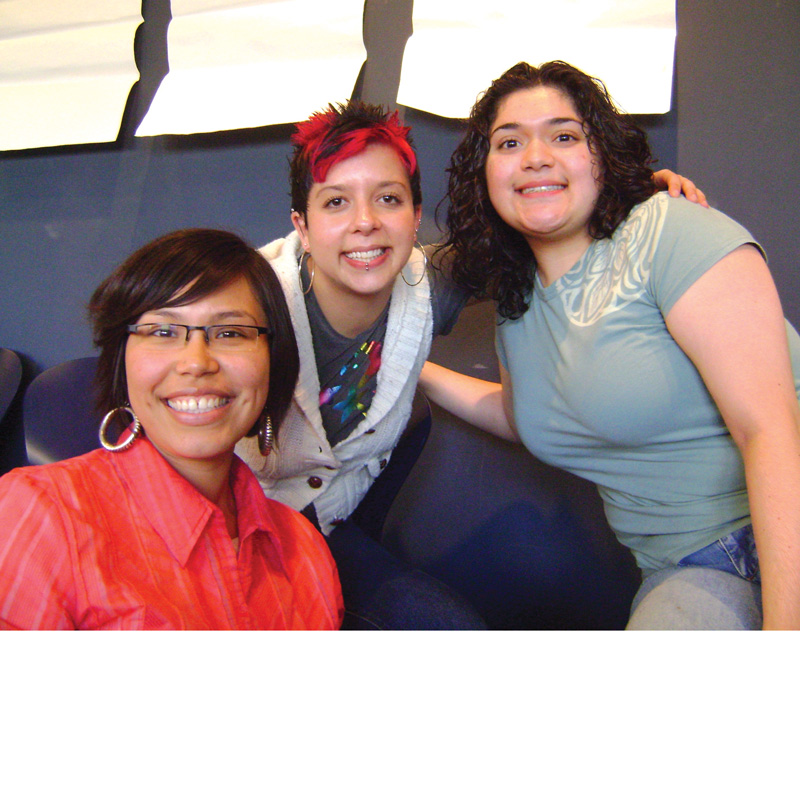Howard Brown Health Center (HBHC) recently placed two of its key personnel, CEO/President Michael Cook and CFO Mark Joslyn, on paid administrative leave. Since then, some hints about the reasons for their ouster have emerged. The Windy City Times report prompted an open letter from David Ostrow, soon followed by a press release from Michael Cook announcing his resignation; both documents have brought more questions and speculations into the open. Meanwhile, HBHC’s press releases have also prompted more unanswered questions.
Category: Reporting
Articles that involve reporting and analysis
Violence is usually discussed within the context of heterosexual families and social groups. It’s widely assumed that people in same-sex households, communities, and relationships are either incapable of causing harm to each other, or that their needs can’t be met by mainstream anti-violence groups. As a result, significant issues like intimate partner violence or the particular needs of transgender youth seeking shelter from abusive homes are not addressed. This leaves portions of the LGBTQ community without the conventional resources available to heterosexuals who seek relief from abuse.
The Center on Halsted’s Anti-Violence Project and the National Coalition of Anti-Violence Programs recently hosted a roundtable and regional training sessions. These included a public screening of the documentary, Dangerous Living: Coming Out in the Developing World, May 22. It was one of three events at the Center that week that examined violence and the LGBTQ community.
Bashar Barazi is the president of 3B Media, Inc., the parent company of MAQAM, a sponsor of the 2006 Gay Games VII in Chicago. MAQAM brought artists to perform at the Opening/Closing Ceremonies and is now producing A Dream of Arabia. Barazi spoke to Windy City Times on the phone about the upcoming show.

Citizens for Giannoulias hosted a fundraiser for Illinois State Treasurer Alexi Giannoulias at Roscoe’s, 3356 N. Halsted, June 12. The host committee included Chicago Alderman Tom Tunney and Illinois State Representative Greg Harris, who introduced Giannoulias. Tunney spoke about the treasurer’s commitment to the LGBT community, including his support for the Center on Halsted. The alderman went on to stress that “as a community, we are concerned with public policy, fiscal responsibility and social justice,” and that the treasurer had demonstrated his commitment to all three issues.

Soon to enter its 13th year, Dyke March Chicago is, for many lesbians and transgender people, an alternative to Pride Parade. Historically, the March has remained on the city’s North side. This year, it’ll be in Pilsen, home to a predominantly Latina/o community. In the last few weeks, organizers began hearing complaints about the change in venue, and decided to hold a town-hall meeting. According to Nicole Perez, a member of the Dyke March organizing committee, the event was held to dispel misinformation and stereotypes about the logistics of the March and the neighborhood.

The law firm of Hinshaw and Culbertson, 222 N. LaSalle, hosted a presentation by Kyle D. Young, a financial advisor at Wachovia Securities, titled “Financial and Legal Challenges for the GLBT Community.” This was part of the Citywide Pride events, which are designed to promote “advocacy and equality for LGBT employees” in the corporate workplace. The same-sex marriage movement often raises the issue of what happens to the assets of a couple upon the demise of one partner, arguing that estate law and benefit packages favor married, opposite-sex couples; Young discussed financial strategies in this context.
At first glance, Winston’s Internet Café is a coffeehouse like many others. Filled with comfortable leather armchairs and sofas and nooks where customers might browse the internet or catch up with friends, the place offers the kind of public solitude that is a hallmark of café culture. In one corner, two computers offer free access to customers. A long L-shaped bar is made of concrete, and both it and the dark wood cabinets gleam softly under the care of owner Jim Stephens, a long-time carpenter who made all the woodwork himself.

“What’s queer about sex offenders? Are sex offenders the new queers?” That was the provocative title of an all-day conference on sex-offender laws, hosted by the University of Chicago and the Center on Halsted and held at the Center May 27. Speakers included literary theorists, activists, artists, legal scholars and political scientists.